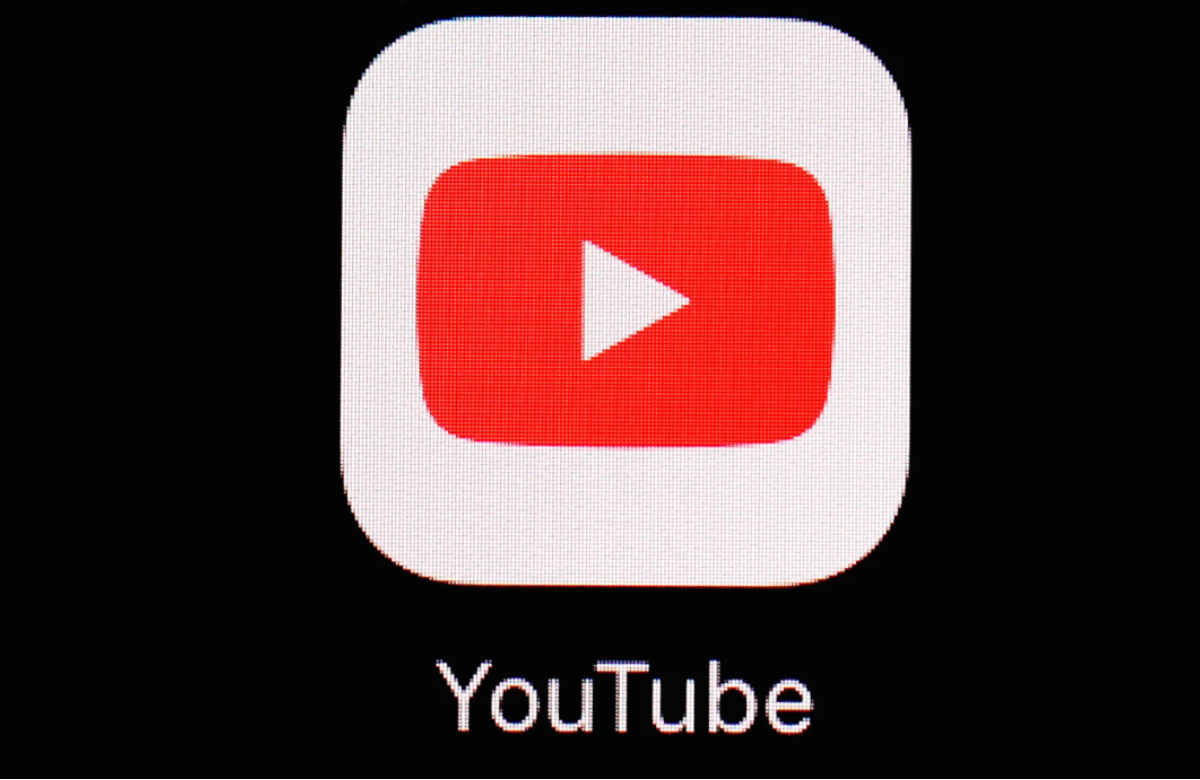The Australian government has announced that YouTube will be required to ensure account holders are at least 16 years old starting this December, reversing an earlier decision that had exempted the platform. This change comes as part of new laws aimed at protecting children from harmful content on social media.
Previously, when Parliament passed landmark legislation to ban children under 16 from using platforms like Facebook, Instagram, Snapchat, TikTok, and X, YouTube was excluded. However, Communications Minister Anika Wells confirmed on Wednesday that YouTube will now fall under the age-restricted category. Platforms that fail to restrict underage users could face fines of up to 50 million Australian dollars (about $33 million).
Minister Wells defended the move, citing government research that shows four out of ten Australian children report their most recent online harm occurred on YouTube. She emphasized that the government will not back down despite legal threats from Alphabet Inc., YouTube’s U.S. parent company.
Under the new rules, children will still be able to watch content on YouTube but will not be allowed to create their own accounts. YouTube responded by saying this decision reverses a previous public commitment to exclude them from the ban and insisted that YouTube is a video-sharing platform, not a social media service. The company said it supports efforts to reduce online harm and will engage with the government to discuss next steps.
Australian Prime Minister Anthony Albanese said the country plans to push for international support for banning children from social media during a United Nations meeting in New York this September. He noted that many other countries are also concerned about social media’s impact on young people.
The government is awaiting final recommendations from a recently commissioned review on age verification technologies, which will explore how to effectively keep young children off social media. Minister Wells assured that platforms won’t require users to upload sensitive documents like passports or driver’s licenses to verify their age. Instead, companies will have to offer alternative methods, leveraging their existing data on user accounts to confirm age.
Some services, such as online gaming, messaging, educational, and health apps, are exempt from the restrictions as they are considered less harmful to children.
These new age limits aim to combat a range of negative effects on children, including addictive behaviors driven by manipulative platform designs, social isolation, disrupted sleep, poor mental and physical health, reduced life satisfaction, and exposure to inappropriate content, according to government documents.
Also Read:
US-EU Trade War Risk Grows as Trump Meets European Leader in Scotland













